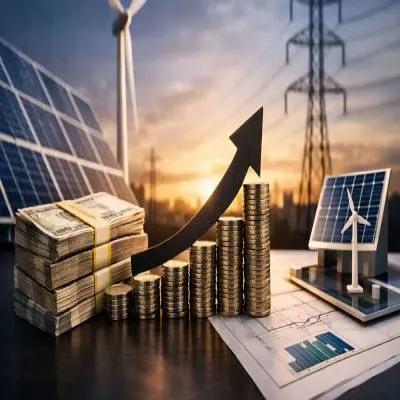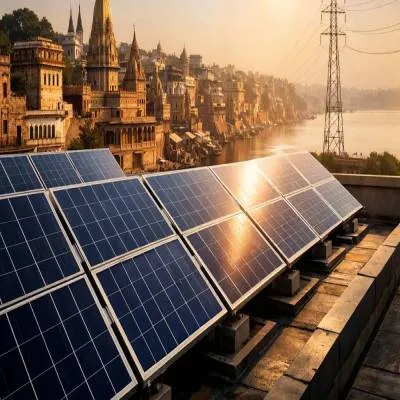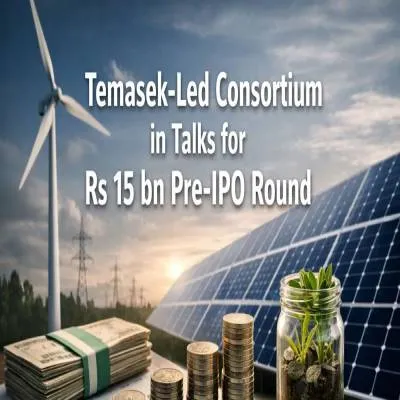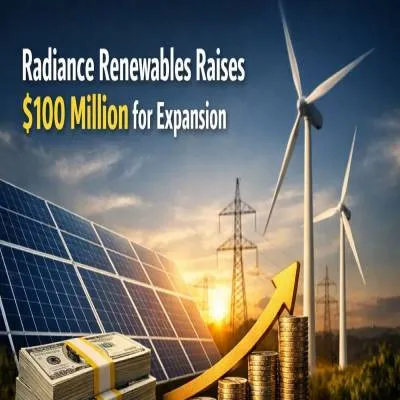Schedule a Call Back
Global Rare Earth Supply Chains Diversify Away from China
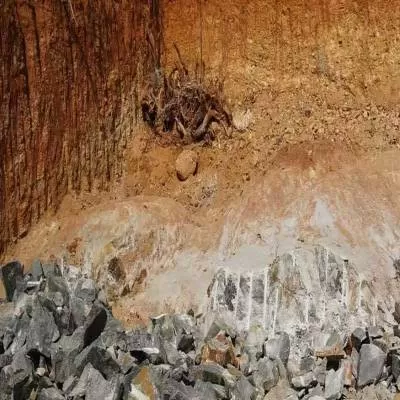 In response to the rising global demand for rare earths critical for producing everything from electric vehicles to wind turbines, supply chains are undergoing a significant realignment away from China. Historically dominant in rare earth production, China's recent policies and geopolitical tensions have prompted Western nations and other stakeholders to seek alternative sources and bolster local capabilities.
In response to the rising global demand for rare earths critical for producing everything from electric vehicles to wind turbines, supply chains are undergoing a significant realignment away from China. Historically dominant in rare earth production, China's recent policies and geopolitical tensions have prompted Western nations and other stakeholders to seek alternative sources and bolster local capabilities.
Rare earth processing involves two essential stages: initial extraction and subsequent refining into individual oxide compounds used to manufacture magnets essential in various industries.
Lynas Rare Earths, the largest non-Chinese supplier based in Australia, has expanded its operations to include a new processing plant in Texas, funded partially by U.S. defense allocations, expected to commence operations by fiscal 2026.
Solvay, a Belgian chemical firm, is enhancing its rare earth processing in France, focusing on separating and producing rare earth oxides crucial for permanent magnet production by 2025. Collaborations with partners like Carester aim to further strengthen Europe's supply chain resilience.
Vacuumschmelze, a major player based in Germany, has secured U.S. government funding to establish a neodymium-iron-boron magnet plant in South Carolina, scheduled for completion by late 2025, bolstering its supply agreements with entities like General Motors and the U.S. Department of Defense.
In the United Kingdom, Less Common Metals is part of the European Supreemo project, aiming to establish a robust rare earth value chain, while in Norway, REEtec plans to launch a commercial rare earth separation plant by 2025, backed by Swedish mining giant LKAB.
Australia's Iluka Resources is set to commission its Eneabba rare earths refinery by late 2026, supported by a significant loan from the Australian government, marking a pivotal step towards Australia's first fully integrated rare earths refinery.
Posco International from South Korea, in partnership with Star Group, plans to supply permanent magnets sourced from diverse locations such as the U.S., Australia, and Vietnam to German and U.S. automakers starting in 2025.
Japan remains a key player in the global magnet market, with major producers like Shin-Etsu Chemical and TDK Corp serving its automotive and high-tech industries.
In North America, MP Materials and Energy Fuels are ramping up efforts: MP Materials is constructing a rare earth magnet manufacturing facility in Texas, with plans to supply General Motors by late 2025, while Energy Fuels has begun producing commercial quantities of separated rare earths at its Utah operations.
Brazil's FIEMG is poised to open a proof-of-concept magnet factory in 2024, demonstrating Brazil's intent to contribute to the global rare earths supply chain.
These initiatives underscore a global shift towards diversifying rare earth sources, reducing dependency on China, and enhancing local production capabilities to meet growing industrial demand worldwide.


Subscribe Now
Subscribe to our Newsletter & Stay updated
RECENT POSTS
Popular Tags
Folliow us

